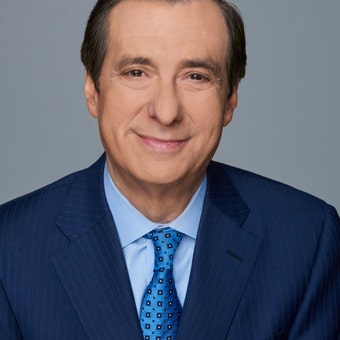Has a corporation ever been as bashed and battered as Facebook – especially one that gives away its product for free?
Has a CEO, particularly one who was once hailed as a counterculture hero, ever been as mocked and maligned as Mark Zuckerberg?
Then again, when it comes to influencing events and shaping communications around the world, has any corporation ever been as powerful as this social network created in a Harvard dorm room?
What’s fueling the latest leaks, a massive document dump to 17 news outlets, is that some of Facebook’s own staffers are disgusted with its blatant biases and failure to stop hate and misinformation – and creating an anguished paper trail.
You’d have to go back to Standard Oil after the turn of the last century, or the Wall Street banks at the end of this century’s first decade, to find such public anger aimed at a slice of corporate America. And those waves of outrage were primarily about money, not mindshare.
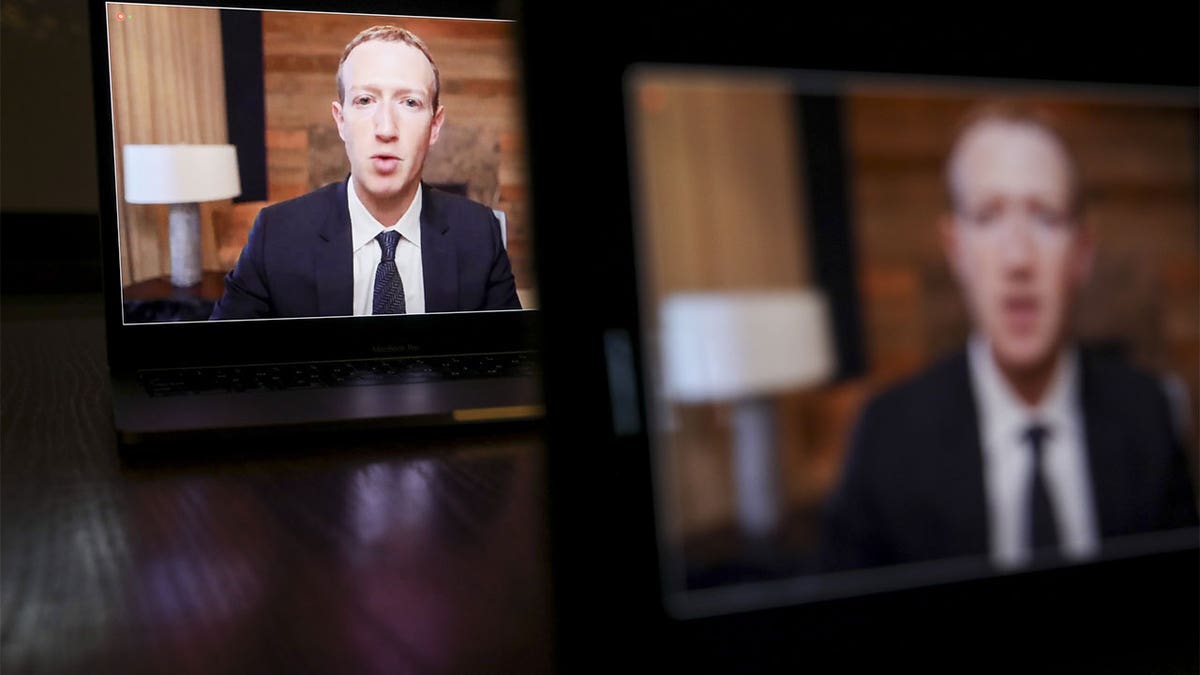
Mark Zuckerberg, chief executive officer of Facebook Inc., speaks virtually during a House Energy and Commerce Subcommittees hearing on a laptop computer in Tiskilwa, Illinois, U.S., on Thursday, March 25, 2021. (Getty Images)
Whether the attacks on Facebook are overblown or not, Zuckerberg’s response – he told analysts that the media have mounted "a coordinated effort to selectively use leaked documents to paint a false picture of our company" – seems tone-deaf. He’s done with apologies and promises to do better. But while Zuckerberg can blame the mainstream press all he wants, he knows that the most stinging criticism is coming from his own employees, and not just whistleblower Frances Haugen.
All the talk about algorithms is wonky and abstract, making it hard to sort out the damage and the blame. We’re awash in documents written in techno-speak, made public after a food fight among the news organizations battling over an embargo. But a Washington Post story published Tuesday reduces the problem to its essence.
THE CURSE OF POLITICS: BIDEN, LIKE TRUMP, BECOMES TARGET OF GROWING VITRIOL
All you need to know is that it’s been five years since the company enabled users to react to stories with more than a thumbs-up "like," adding "love," "haha," "wow," "sad" and "angry."
Facebook then used these emojis to push certain stories into people’s news feeds – and here’s the rub: The internal documents show that Facebook values the more passionate emojis as five times more valuable than a mere "like."
"The theory was simple: Posts that prompted lots of reaction emoji tended to keep users more engaged, and keeping users engaged was the key to Facebook’s business."
In other words, the company deliberately tweaked the secret formula to change what you see, boosting the stories that make you mad, or happy or sad. And that kept the corporate cash register ringing.
Company staffers quickly saw the problem. Posts that rile people up could open "the door to more spam/abuse/clickbait inadvertently." Or, in my view, not so inadvertently.
After all, Facebook’s own scientists determined that angry reactions were "much more frequent" on posts that contained "civic low quality news, civic misinfo, civic toxicity, health misinfo, and health antivax content."
What’s more, not so shockingly, these ticked-off reactions were "being weaponized" by political figures. Facebook did try to "demote" material that stirred angry emotions, but they were still highly valued.
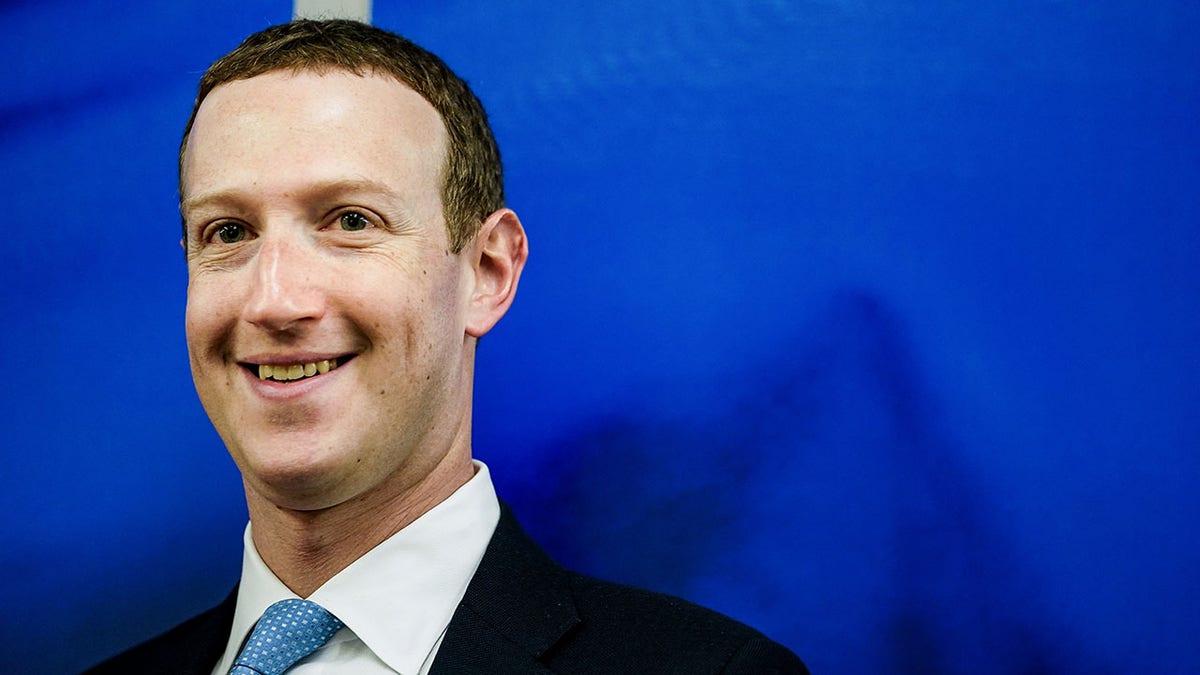
Facebook CEO Mark Zuckerberg has found himself caught up in a variety of controversies in recent weeks. (Getty Images)
The whole strategy is working: Despite the tsunami of bad publicity, Facebook’s revenue for the most recent quarter was $29 billion.
We know instinctively (and from leaks) that Facebook’s Instagram exacerbates body-image issues for teenage girls because it’s based on photos. Now we see the corollary at the mother ship.
SUBSCRIBE TO HOWIE'S MEDIA BUZZMETER PODCAST, A RIFF OF THE DAY'S HOTTEST STORIES
The prism of political partisanship at the company that continues to ban Donald Trump just deepens the sense of distrust.
The Wall Street Journal reported there was an internal debate over a Facebook staffer’s proposal to ban the conservative site Breitbart from its news feed. When riots erupted last year after the killing of George Floyd, this employee argued that Breitbart and similar sites were pushing inflammatory coverage of the urban violence.
The company decided against banishing Breitbart on grounds that would be difficult to defend.
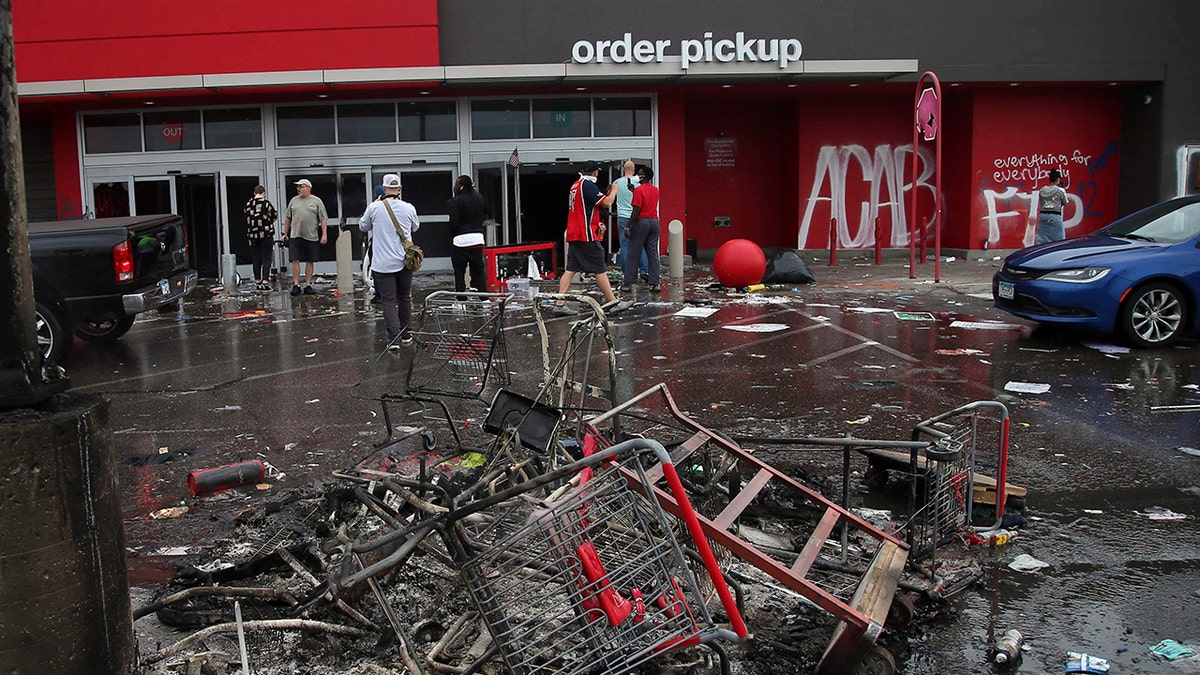
Debris and carts are strewn in the Target parking lot near the Minneapolis Police Third Precinct, Thursday, May 28, 2020, following a night of rioting and looting as protests continue over the arrest of George Floyd who died in police custody.
Facebook also adopted two tools after the 2016 election that Breitbart says cut its traffic by 20 percent and that of other sites on the right by lesser amounts. One Facebook researcher warned, according to the Journal, that "we could face significant backlash for having ‘experimented’ with distribution at the expense of conservative publishers." Ya think?
CLICK HERE TO GET THE FOX NEWS APP
This has been a gold-plated gift for Breitbart, which is playing up exclusive interviews with top Republicans. Kevin McCarthy, for instance, told Breitbart that "when Big Tech censors speech that isn’t popular with legacy media, it not only disproportionately silences conservative voices, but it leaves Americans with half the story."
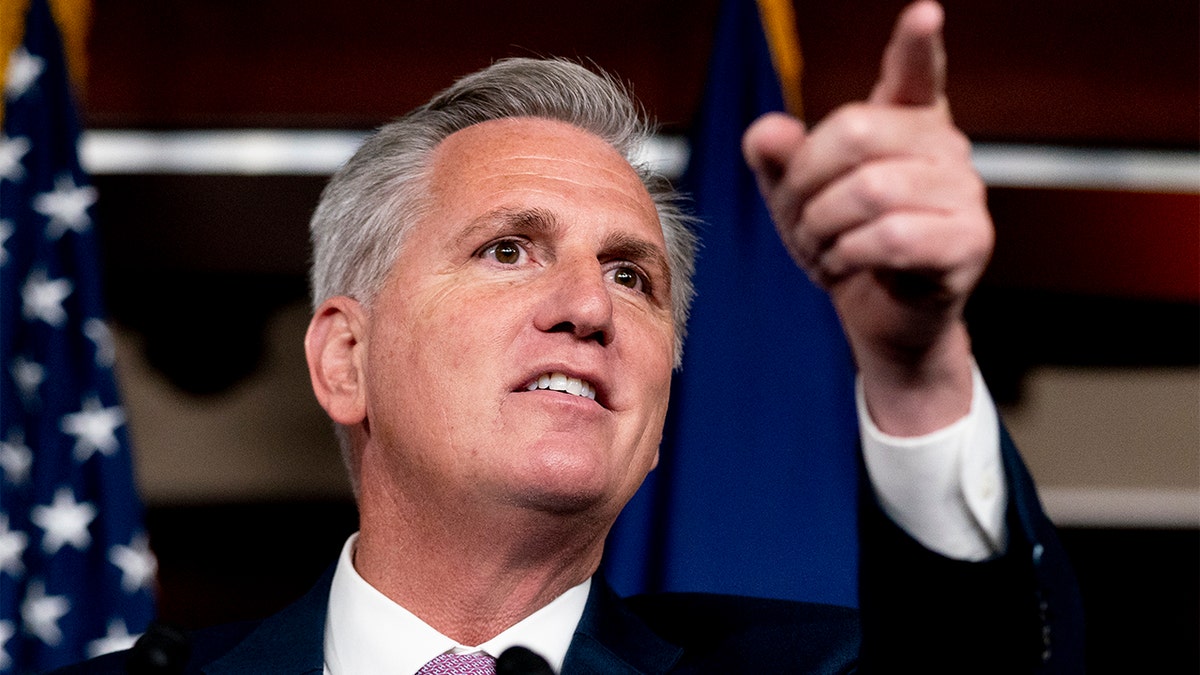
House Republican Leader Kevin McCarthy of California takes a question from a reporter during his weekly news briefing on Capitol Hill, Sept. 30, 2021, in Washington. (Associated Press)
It seems likely that some form of government regulation is coming, which Facebook may welcome because it can afford to cope better than its smaller rivals. It’s also evidence that the world’s problems wouldn’t vanish if Facebook disappeared tomorrow.
But the growing mountain of evidence that Facebook does value profit over the public good has made it one of the most vilified – and yet popular – brands in history.
